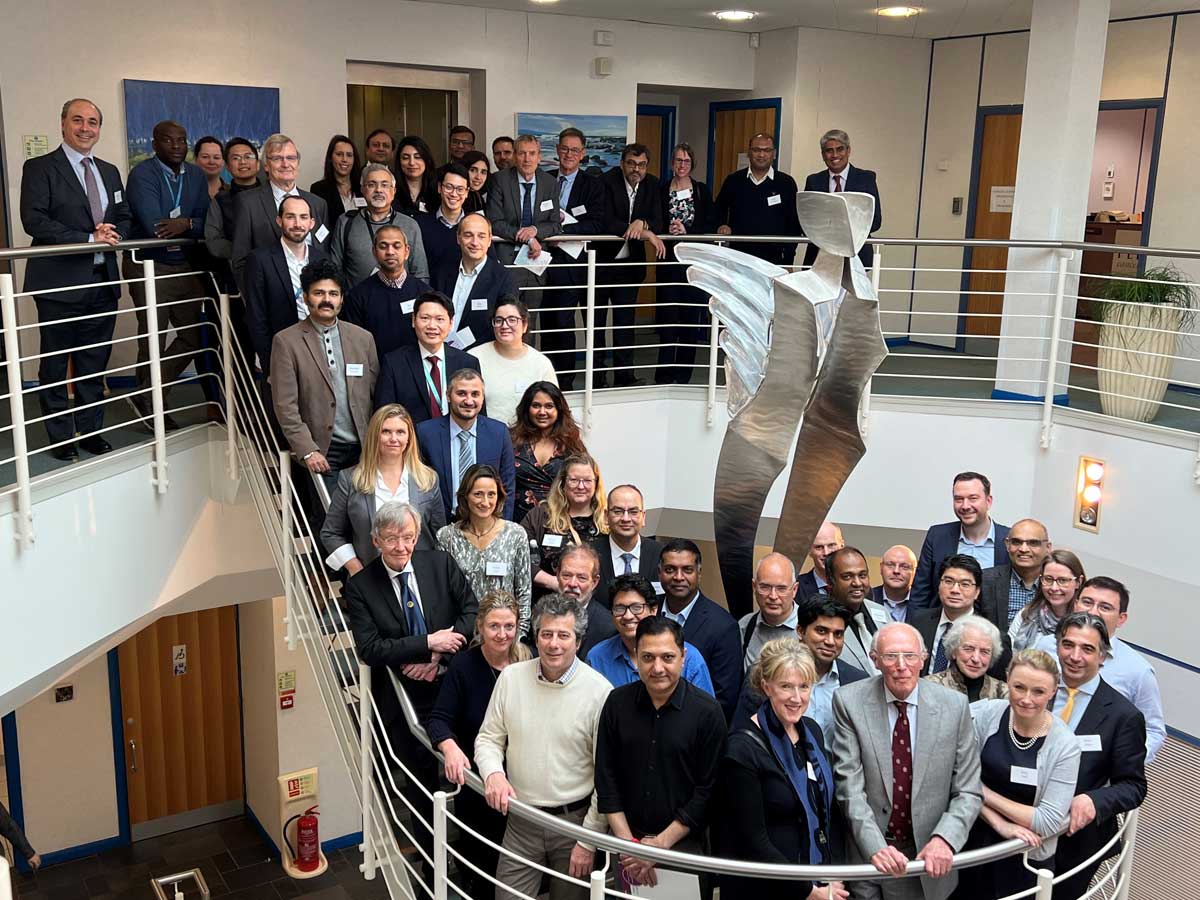Today, the life expectancy and quality of life for many bowel cancer patients is greatly improved than what it was just 10 years ago. Eighty percent of cases can be successfully treated if diagnosed early, often by surgery.
The quality of surgery and surgical skills are constantly evolving and Pelican, with associated surgeons, has been at the forefront of innovation in colorectal surgery and precision treatment. Pelican has run four national development programmes for colorectal cancer specialists. These have included thousands of people attending workshops across the UK and Ireland:
- 2003 – 2007: MDT-TME (Multi-Disciplinary Team-Total Mesorectal Excision) National Development Program
- 2009 – 2012: LOREC(LowRectalCancer)DevelopmentProgram
- 2014 – 2017: SPECC (Significant Polyp and Early Colorectal Cancer) Program
- 2018 – 2020: IMPACT (Improving Management for Patients with Advanced ColorectalTumors)

Since 2001, more than 8,000 clinicians have attended Pelican training courses and meetings. Pelican has hosted several crucial meetings for clinical experts including several Guidelines Meetings, contributing to setting national standards for cancer diagnosis and treatment.
Since 2002, Pelican has invested in medical research for bowel cancer. Our first major research project, MERCURY, assessed the role of MRI (magnetic resonance imaging) in accurately detecting and planning surgery for bowel cancer. Pelican has championed this use of MRI through its courses – and today it is recommended best practice for rectal cancer patients to have an MRI before surgery in the UK.
